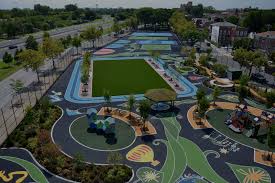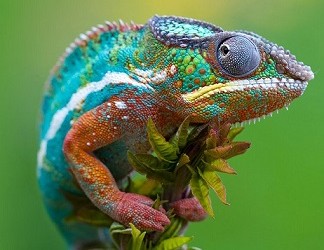Stamp: Broad-Snouted Caiman (Caiman latirostris) (Uruguay 2024)
Broad-Snouted Caiman (Caiman latirostris) (Uruguay 2024)
10 December (Uruguay ) within release M'Bopicuá Nature Reserve (2024) goes into circulation Stamp Broad-Snouted Caiman (Caiman latirostris) face value 35 Uruguayan new peso
| Stamp Broad-Snouted Caiman (Caiman latirostris) in catalogues | |
|---|---|
| Colnect codes: | Col: UY 2024.12.10-02d |
Stamp is square format.
stamp from mini-sheetAlso in the issue M'Bopicuá Nature Reserve (2024):
- Stamp - Black-Necked Swan (Cygnus melancoryphus) face value 35;
- Stamp - Broad-Snouted Caiman (Caiman latirostris) face value 35;
- Stamp - Collared Anteater (Tamandua tetradactyla) face value 35;
- Stamp - Cougar (Puma concolor) face value 35;
- Stamp - Great Horned Owl (Bubo virginianus) face value 90;
- Mini Sheet - Great Horned Owl (Bubo virginianus) face value 240;
- Stamp - Jaguar (Panthera onca) face value 90;
- Mini Sheet - M'Bopicuá Nature Reserve face value 240;
- Stamp - Pampas Cat (Lynchailurus braccattus) face value 35;
- Stamp - Pampas Deer (Ozotoceros bezoarticus) face value 35;
- Stamp - Paraguaian Hairy Dwarf Pporcupine (Sphiggurus spinosus) face value 35;
- Stamp - Plush-Crested jay (Cyanocorax chrysops) face value 35;
- Stamp - Red-Llegged Seriema (Cariama cristata) face value 35;
- Stamp - Roseate Spoonbill (Ajaja ajaja) face value 35;
Stamp Broad-Snouted Caiman (Caiman latirostris) it reflects the thematic directions:
Animals are multicellular, eukaryotic organisms of the kingdom Animalia (also called Metazoa). All animals are motile, meaning they can move spontaneously and independently, at some point in their lives. Their body plan eventually becomes fixed as they develop, although some undergo a process of metamorphosis later on in their lives. All animals are heterotrophs: they must ingest other organisms or their products for sustenance.
Crocodiles (family Crocodylidae) or true crocodiles are large semiaquatic reptiles that live throughout the tropics in Africa, Asia, the Americas and Australia. The term crocodile is sometimes used even more loosely to include all extant members of the order Crocodilia, which includes the alligators and caimans (family Alligatoridae), the gharial and false gharial (family Gavialidae) among other extinct taxa.
A park is an area of natural, semi-natural or planted space set aside for human enjoyment and recreation or for the protection of wildlife or natural habitats. Urban parks are green spaces set aside for recreation inside towns and cities. National parks and country parks are green spaces used for recreation in the countryside. State parks and provincial parks are administered by sub-national government states and agencies. Parks may consist of grassy areas, rocks, soil and trees, but may also contain buildings and other artifacts such as monuments, fountains or playground structures. Many parks have fields for playing sports such as baseball and football, and paved areas for games such as basketball. Many parks have trails for walking, biking and other activities. Some parks are built adjacent to bodies of water or watercourses and may comprise a beach or boat dock area. Urban parks often have benches for sitting and may contain picnic tables and barbecue grills.
Reptiles are tetrapod (four-limbed vertebrate) animals in the class Reptilia, comprising today's turtles, crocodilians, snakes, amphisbaenians, lizards, tuatara, and their extinct relatives. The study of these traditional reptile orders, historically combined with that of modern amphibians, is called herpetology. Because some reptiles are more closely related to birds than they are to other reptiles (e.g., crocodiles are more closely related to birds than they are to lizards), the traditional groups of "reptiles" listed above do not together constitute a monophyletic grouping (or clade). For this reason, many modern scientists prefer to consider the birds part of Reptilia as well, thereby making Reptilia a monophyletic class.




